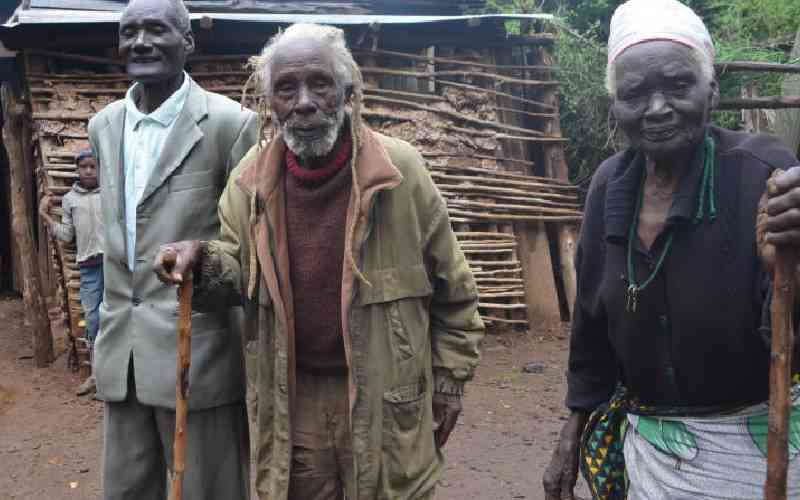×
The Standard e-Paper
Join Thousands Daily

After suffering for more than 70 years under the cracking whip of the colonialists who overworked, underpaid and over-taxed them, millions of Kenyans hoped that things would brighten after they got their land and freedom back.
Kenyans thought that now that independence had come, they were indeed free. In their thousands, they came out to celebrate the momentous occasion on a day like yesterday, 60 years ago, optimistic that the worst was over.